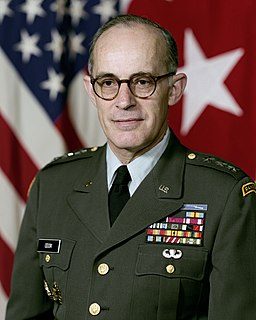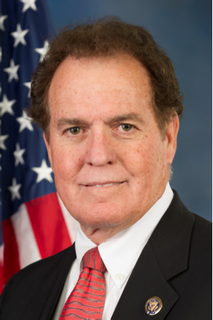A Quote by Ron DeSantis
These Sunni Arabs in places like al Anbar province in Iraq, where I served back in 2007, if they see Iran as the dominant power, a Shiite country, they're going to be much more likely to want to join ISIS.
Related Quotes
I think that, given the threat that ISIS poses to the region and beyond, as we have sadly seen in our own country, it is important to keep the Iraqi army on a path where they can actually take back territory, to work with the Sunni tribes in Anbar province and elsewhere so that their fighters can be also deployed, to work with the Kurds to provide them the support, but they're doing the fighting. We're doing the support and enabling.
Let me begin by saying that we have to understand who ISIS is. ISIS is a radical Sunni group. They cannot just be defeated through air strikes. Air strikes are a key component of defeating them, but they must be defeated on the ground by a ground force. And that ground force must be primarily made up of Sunni Arabs themselves, Sunni Arabs that reject them ideologically and confront them militarily.
First of all, there are Persians and Arabs. The fact they share a religion, a Shiite religion, does not mean that they're close. It doesn't work that way. There is a relationship because there is a long border. There is going to be trade between them. They should have a relationship. They want to make sure that - though, that there is no undue influence coming from Iran or any other country in the region.
The Sunni Arabs began to realize that they had made a huge mistake by not voting in the election of 2005 and by not being part of the new Iraq. They had reasons for this: They were effected by the disestablishment of the military and by de-Baathification (the dismantling of Saddam Hussein's party) in winter 2007-2007. They increasingly recognized that their future lay in being part of the solution rather than a continuing part of the problem.
There has always been a confusion in the West about -Islam and about the Middle East and the assumption that the countries are Arab. Iranians very much object to that. They are very proud of their own history, but they have this real inferiority-superiority complex thing about the Arabs and the position of Islam in Iran. One of the reasons why Shi'a Islam is so entrenched in Iran is because it has allowed the Iranians to distinguish themselves from the Arabs, who are mostly Sunni.




























